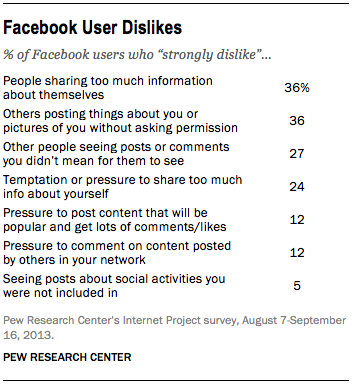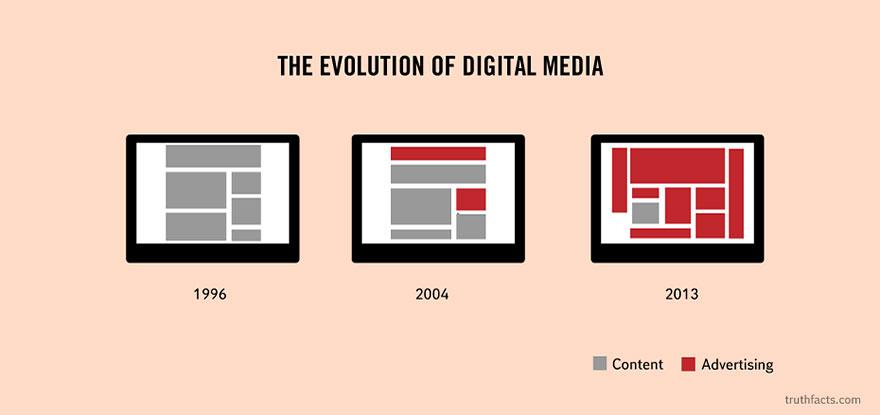Throughout the semester, the Archivist group has been working on our Walter Harding site, adding information and pictures and changing the appearance to make it look better in general. I won’t write too much about it because we’ll be presenting everything later, but I wanted to mention the interview we had with his son, Allen Harding, a couple of weeks ago. (You can check it out here!) In our conversation, we found out that Walter used a typewriter to record all of his research, and only later did he buy a laptop. The amount of information he was able to record with just his typewriter is amazing, and I can only imagine how much more he could have done had he researched Thoreau now, especially with all the tools we have developed.
Computers have evolved tremendously, from huge chunky machines to sleek laptops to tiny tablets. This progress has allowed access to the Internet for so many people. I found this article, which talks about how more and more of the older generation have begun to use technology because of tablets. I think it’s because tablets are so convenient to carry around; they’re small and light enough to not be a burden, yet have a bigger screen than phones, which is easier on the eyes. Because everything is accessible on the screen through the touch of a finger, it is easier to navigate. If Walter Harding had a tablet during his research I’m sure he would have been able to collect and share his data so much easier.
Though people usually say bigger is better, it seems that with technology it’s the opposite and I’m wondering what could be next?

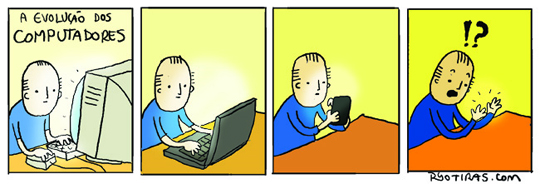
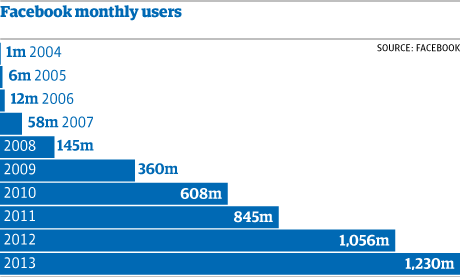
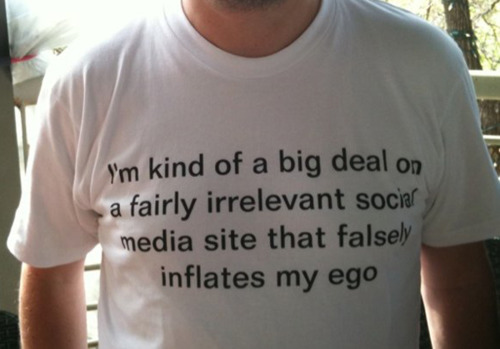 some reason, the number of “likes” that someone receives on a status or picture has become a determining factor for someone’s popularity. A higher number of “likes” indicates that that person has more friends, or that they are better-liked than their peers.
some reason, the number of “likes” that someone receives on a status or picture has become a determining factor for someone’s popularity. A higher number of “likes” indicates that that person has more friends, or that they are better-liked than their peers.